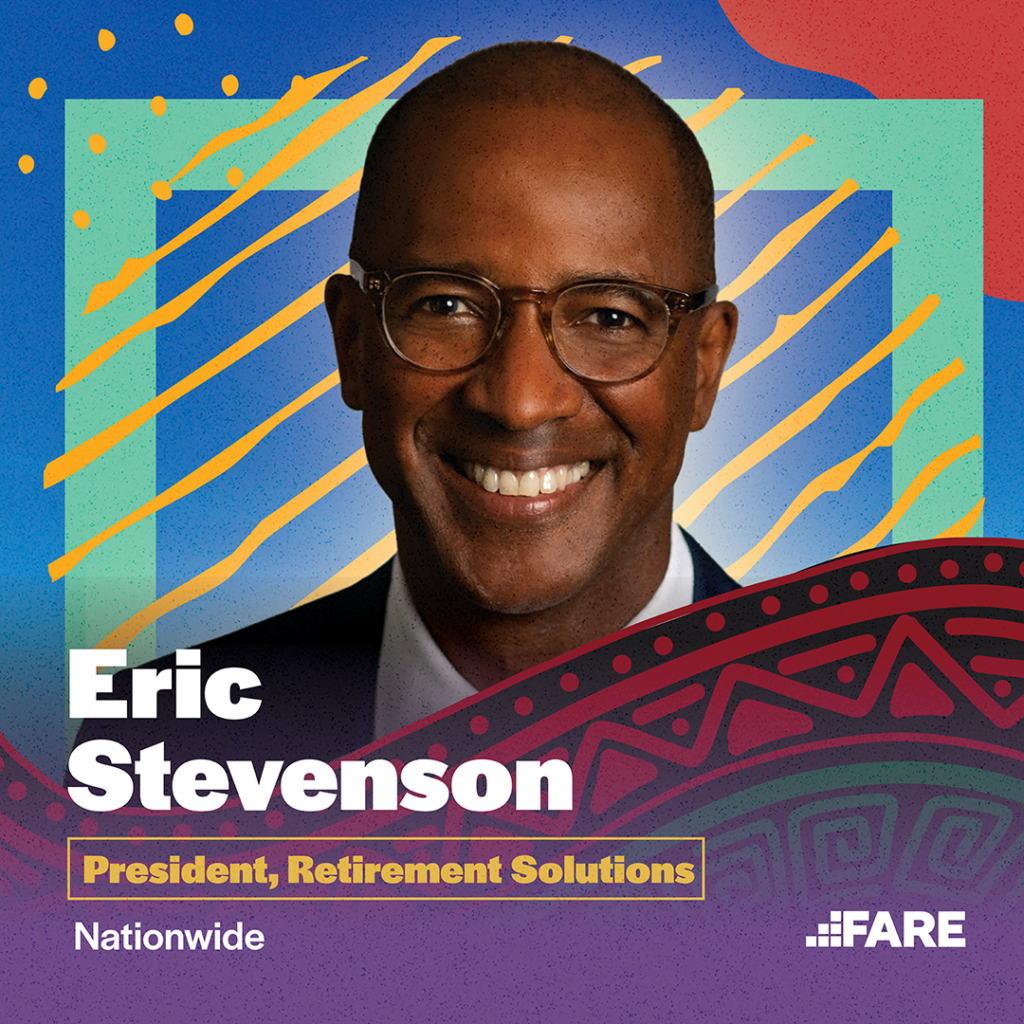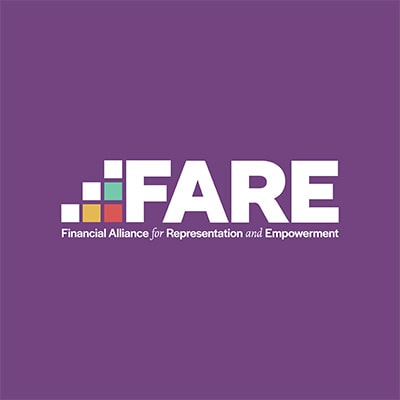Black History Month Highlight: Eric Stevenson
Eric Stevenson is President of Nationwide’s Retirement Solutions business, leading an organization of 1,200 associates who are responsible for growing assets and helping more than 2.7 million participants prepare for and live in retirement. He is passionate about fostering a collaborative culture to deliver financial solutions that meet and exceed our customers’ unique retirement readiness needs. Outside of Nationwide, Eric serves as the vice chair of the University of Oklahoma’s Board of Regents and is on the EBRI (Employee Benefits Research Institute) Board of Trustees. In 2022, Savoy recognized him as one of the Most Influential Black Executives in Corporate America.
On entering financial services – Stevenson joined Nationwide 15 years ago when the company shifted to a more consumer-centric model. “The timing was right for me to make a career shift [from consumer-packaged goods companies],” Stevenson said, adding that his prior experience plus living in Columbus (the headquarters of Nationwide) made him a doubly good fit for the company. Before then, he worked at big names such as Quaker Oats (now PepsiCo) and Warner-Lambert (now Pfizer).
On being flexible and reactive – “A few years ago, Nationwide made a strategic choice to stop bringing in new retirement plans in the governmental space (e.g., state, city, township, county) to focus on a large technology platform consolidation. After operating like this for two years, we [returned to the] governmental market. I’m proud of our team’s effort, creativity, and sheer determination to re-enter this space and grow our business. Today, we see the fruits of our labor in being able to fulfill our ‘why’ by helping millions of U.S. workers prepare for and live in retirement.”
The best advice he’s received – “Treat every dollar as your own.”
Advice he would give – “Invest in yourself!” Stevenson encourages people to take the professional development opportunities available in the financial services industry through certifications and training. He also suggests having a written development plan for accountability.









